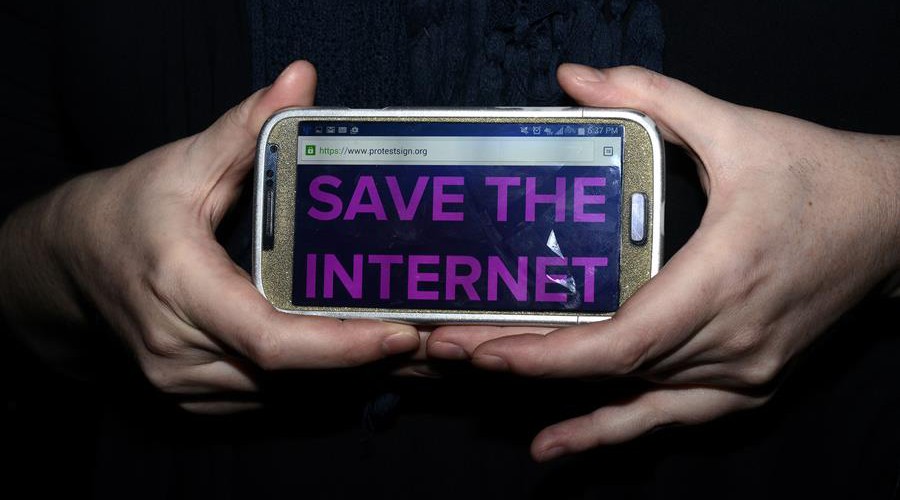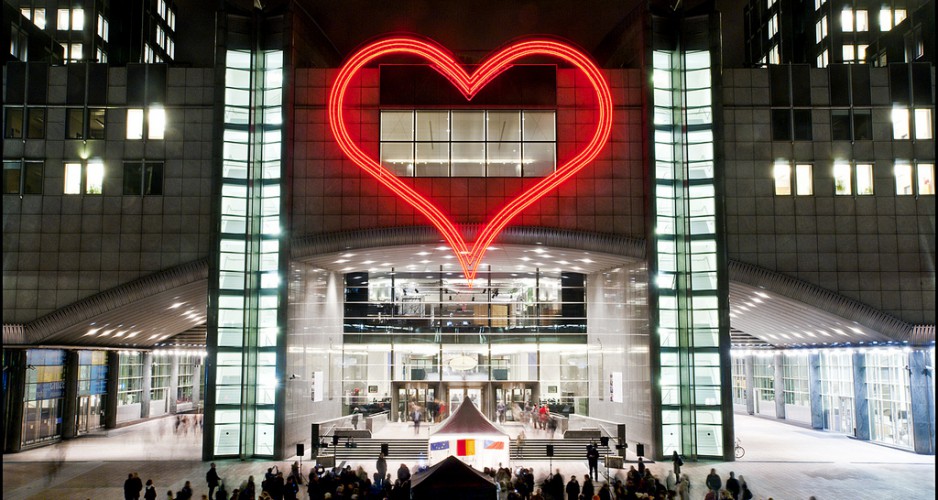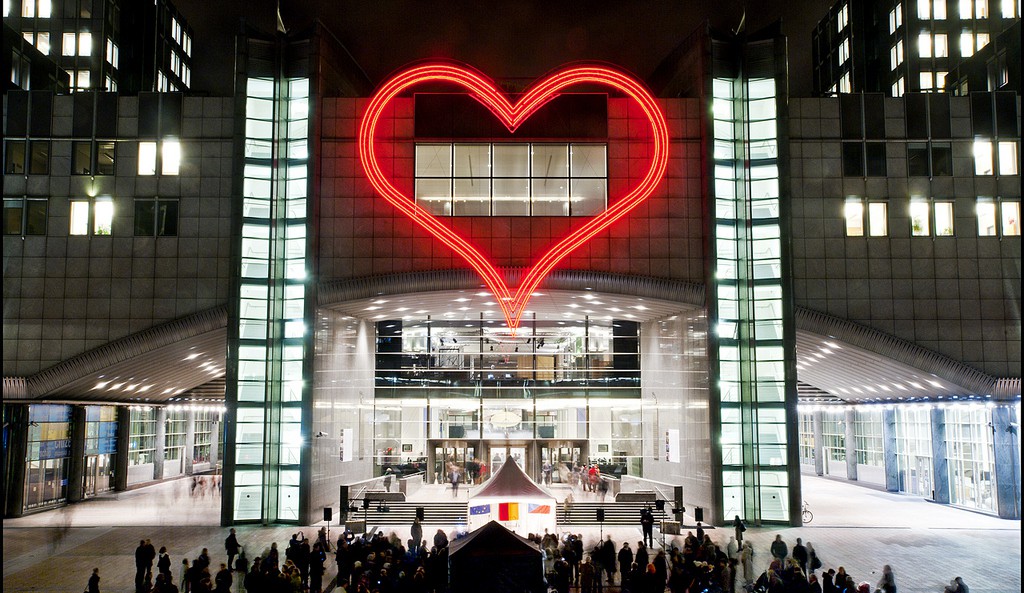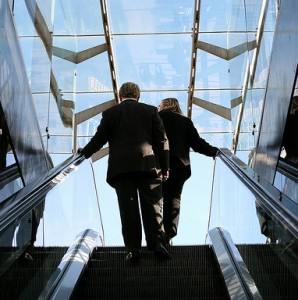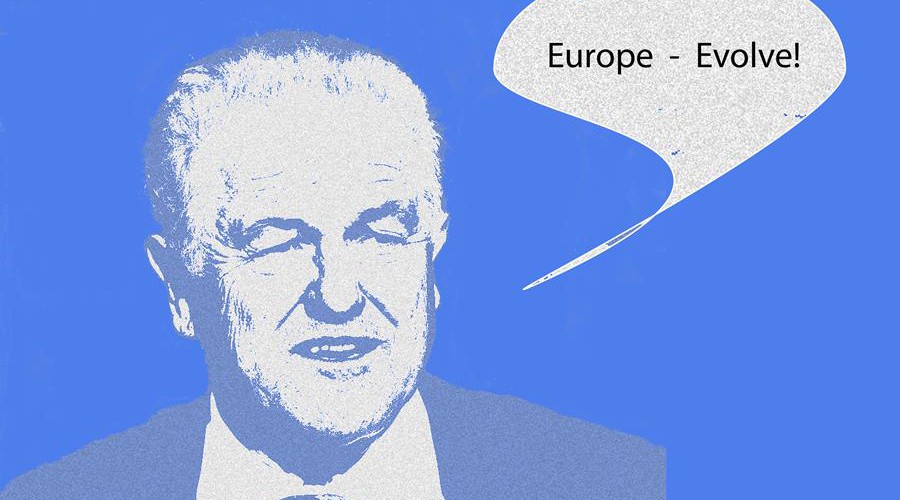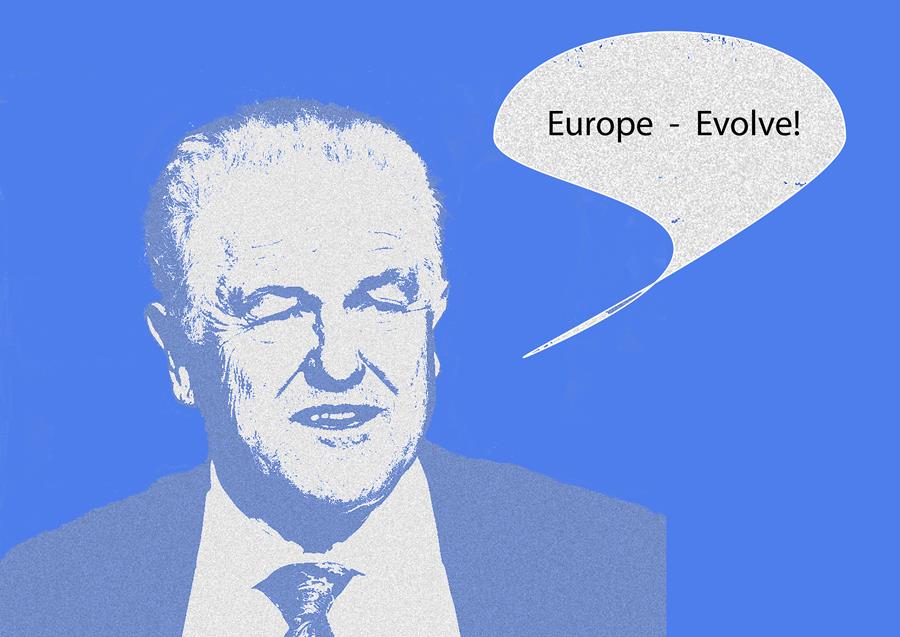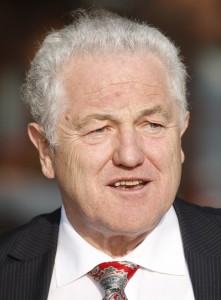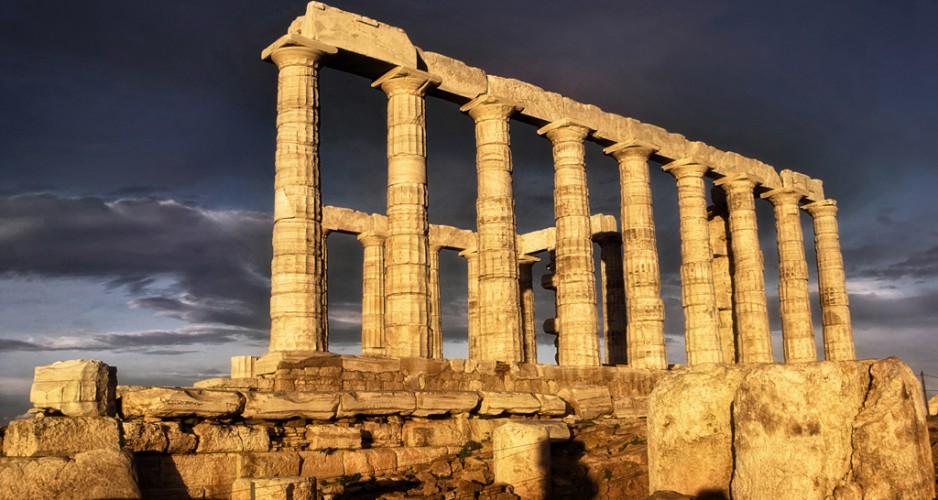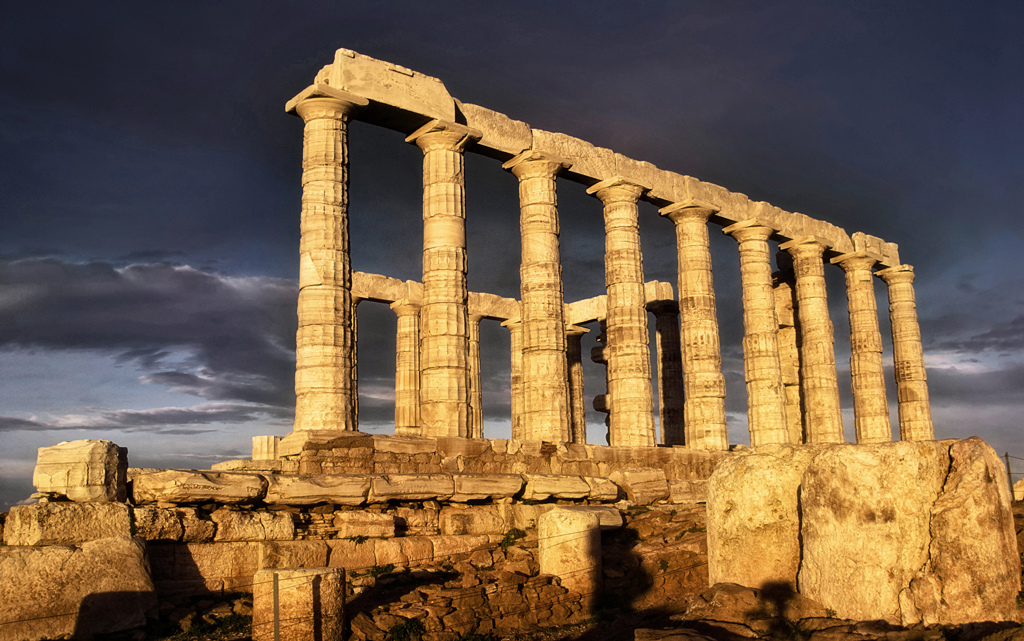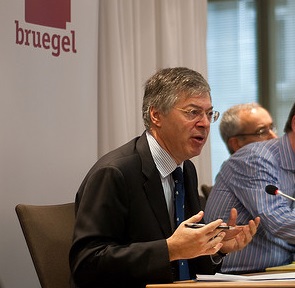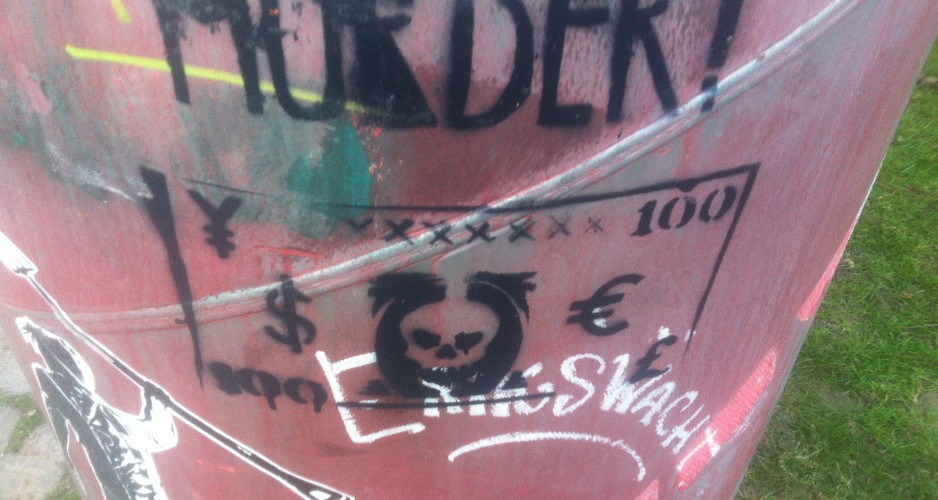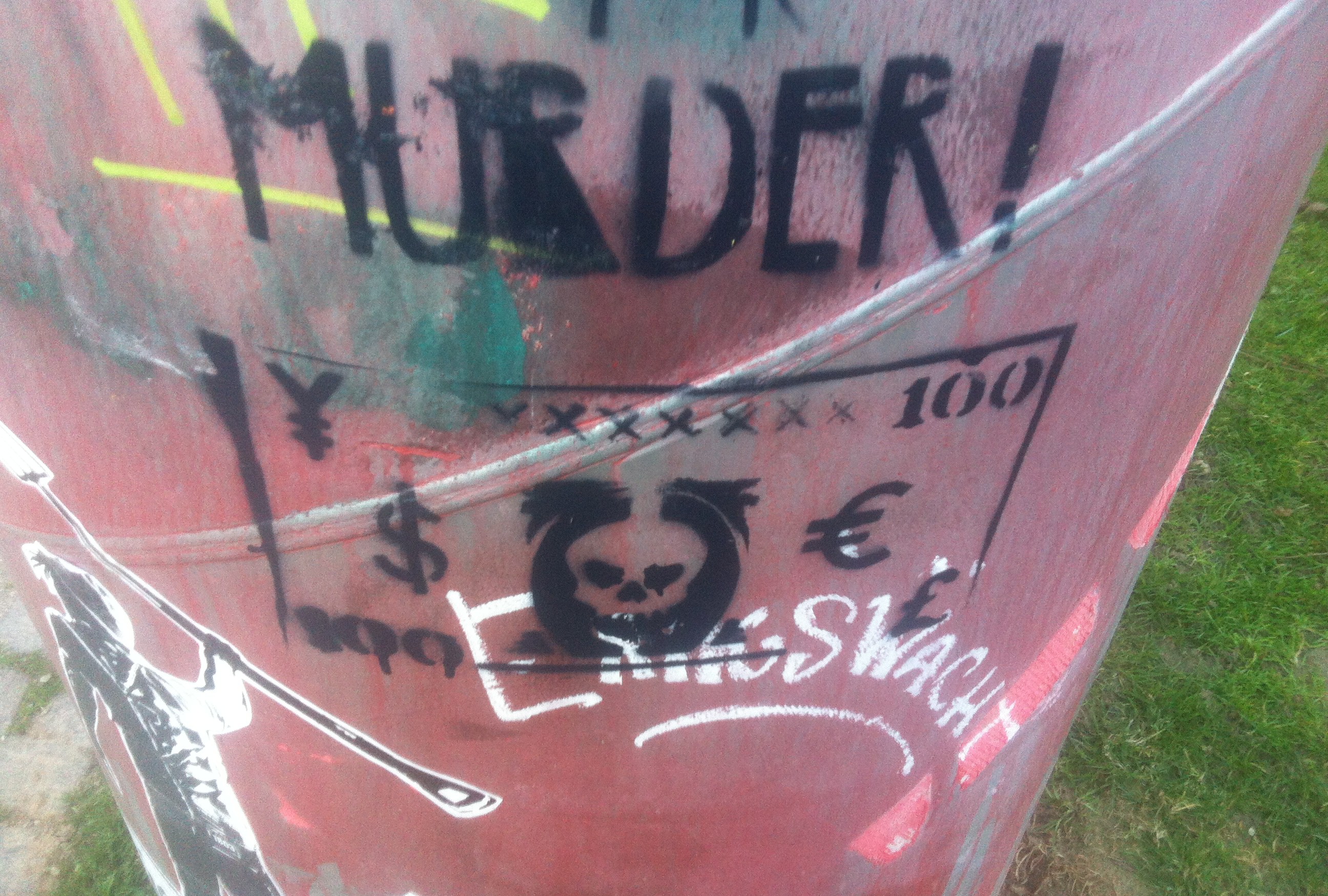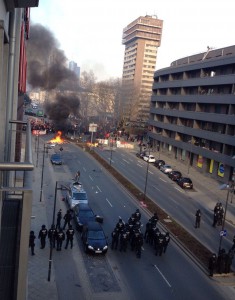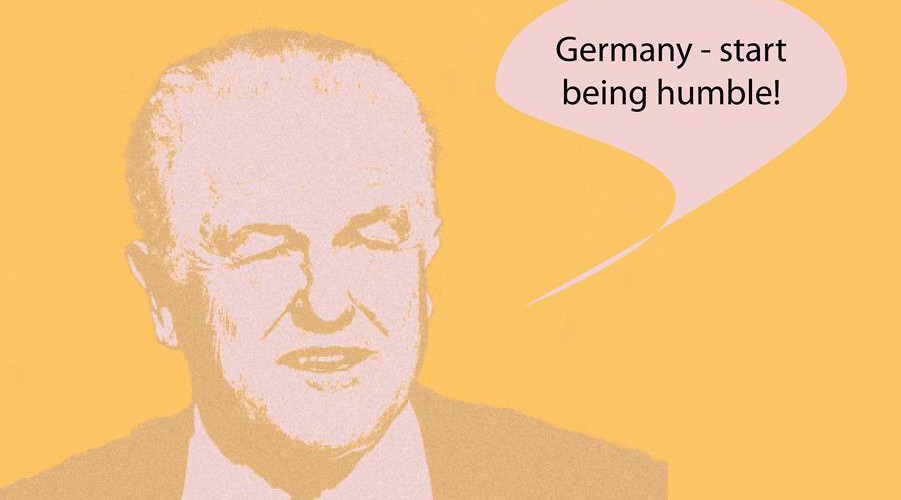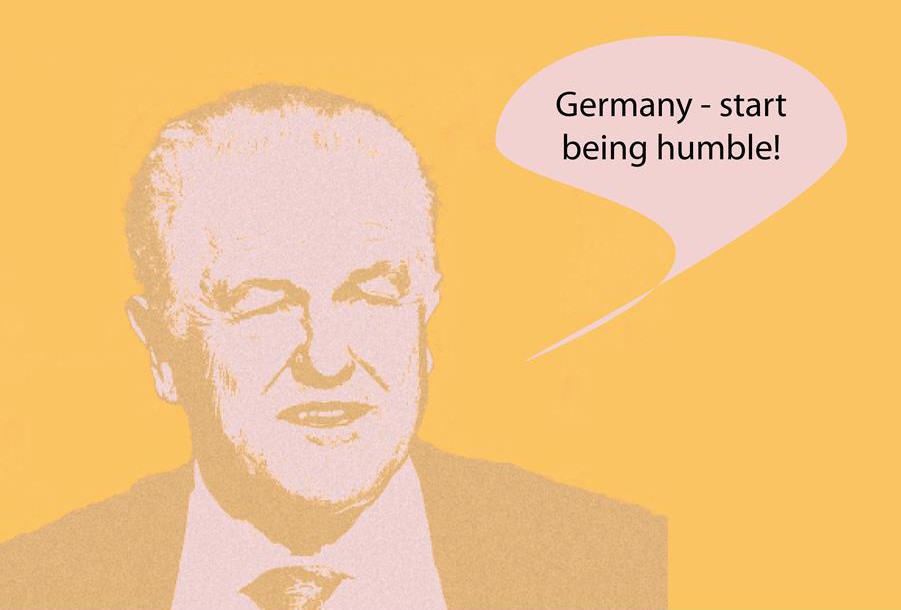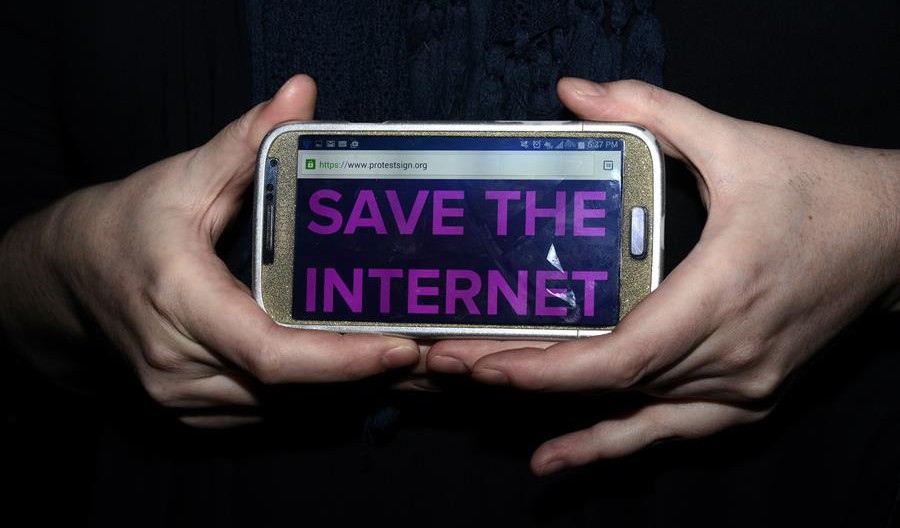
To anyone with an interest in modern technology or international relations, the issue of Net Neutrality shouldn’t be completely unheard of; to the general public though, it might sound unusual. In essence, Net Neutrality refers to our ability to freely browse and communicate over the Internet without interference from Internet service providers (ISPs), governments, law enforcement bodies or businesses and corporations.
To preface the situation here in the EU, it’s interesting to know that in May 2014, the Federal Communications Commission (FCC) in the US proposed a bill that would have let ISPs such as Comcast and Verizon create specialized “traffic lanes” for faster access to sites and services (e.g. YouTube, Spotify etc.) on a paid basis, ultimately discriminating against smaller/lesser content providers. Earlier this year, after a strong online backlash, the FCC ruled to reclassify the Internet as a public utility, meaning that preferential activities are now illegal. This is just a simple outline of what has been happening in the US and most European spectators seemed to just shrug it all off as something that would never affect them – until now. Back in March 2014, the European Parliament passed a set of reformative rules protecting Net Neutrality in all 28 member states, preventing ISPs and mobile carriers from blocking and/or slowing down any services.
However, in a recent turn of events, some countries have called for the prioritisation of what they call “special services”, although they have yet to be specified. European Commissioner for Digital Economy and Society Günther H. Oettinger has stated that he recognizes the need for such services but details are lacking. Mr. Oettinger gave a speech at the Mobile World Congress in Barcelona at the beginning of March, addressing the move towards 5G mobile network standards, which will usurp current 4G speeds. As progressive and appealing as that sounds, executives from Deutsch Telecom and Vodafone also made an appearance at the event, speaking publicly in favour of rules that would enable them to give priority to “essential services” that require “high quality Internet” such as healthcare etc. The Latvian presidency of the European Council has already expressed a desire for a two-tier speed system, but again, has not defined exactly what this means and how it would impact the average consumer.
The danger here is where exactly regulators will draw the line. Given the current circumstances, it wouldn’t be unreasonable to think that companies like Vodafone would abuse such regulations, using the most recent proposals as an opening into a situation where they would be able to dictate what sites and services are and are not available, or the speeds at which some can be accessed over others. This would be completely unfair and counter to what the Internet stands for as a whole – that is, the users have the power.
Fortunately, such proposals have not gone unchallenged. Over 100 MEPs signed a letter to the Telecoms Council (dated March 4th 2015), requesting “clear definitions” in regards prioritised services, aiming to “ensure consumers are protected…on the open Internet”. The letter also referred to the 3 year delay in the abolition of data roaming charges by the Council as lacking in “ambition”.
Without a doubt, the most compelling aspect of the Net Neutrality debacle in America was the enormous response from the majority of people opposed to paid-prioritisation. This ranged from protests and public demonstrations to over 1 million comments on the FCC’s website, all arguing against the proposals. The state of Net Neutrality in Europe seems stable at the moment, but if the tide turns – and I personally think it will – the people must make their voices heard for the greater good of the Internet.
About the author:
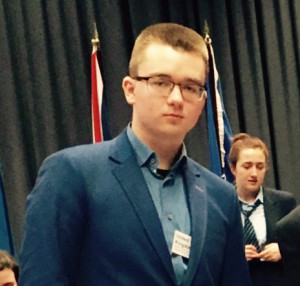
Seán participated in the “My Europe” workshop in Dublin in October 2014. Probably he can tell you a lot about how discussions are being held in the European Parliament and the European Council.

